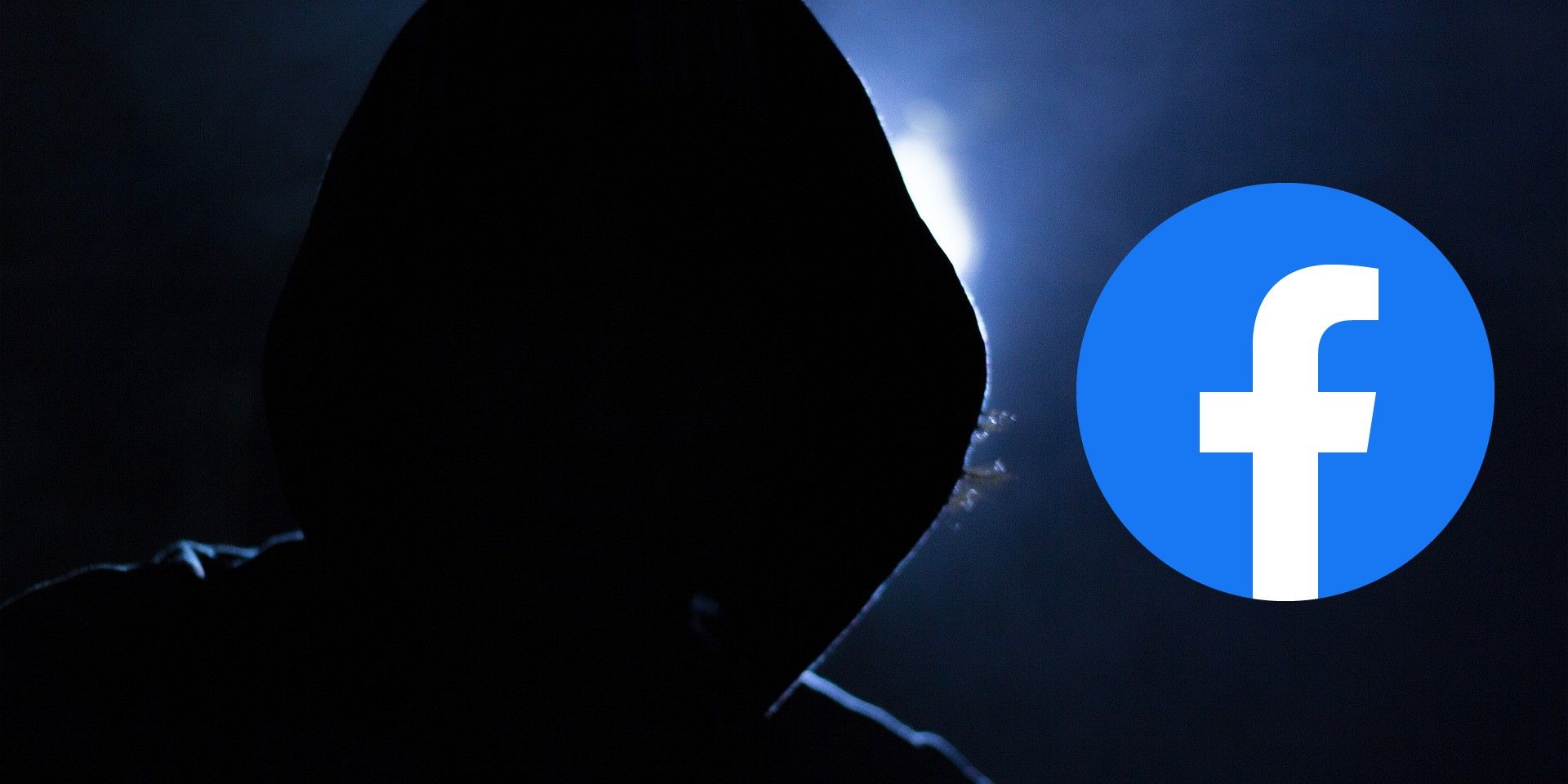Facebook has been accused of trying to monopolize the market with its acquisition of Instagram. Of course, this isn’t the first time Facebook has come under fire from a government organization. Earlier this week Facebook CEO Mark Zuckerberg was accused by Congressman Matt Gaetz of delivering false statements during a 2018 congressional hearing.
The hearing referred to by Representative Gaetz, called into question Facebook’s privacy policies and concerns of Russian meddling on the platform. However, the statement that Gaetz is declaring false is Zuckerberg’s insistence that Facebook’s privacy policies are politically neutral and do not target one political party over another. It should be noted that the evidence against Facebook in this particular case is quite weak, as it relies heavily upon claims from two former Facebook employees who have failed to provide much in the way of solid proof.
Now Facebook is facing backlash regarding the company’s acquisition of rival tech platforms, such as Instagram. The concern is that Facebook has been purposefully trying to monopolize the social media market by purchasing smaller platforms before they can become competitors. While most cases concerning antitrust regulation are based on consumer concerns, such as monetary price spikes, social media platforms like Facebook and Instagram offer their services free to the consumer, relying on ad revenue to make money. However, the case against Facebook has been put under the spotlight again in the last few days, following a series of emails CEO Mark Zuckerberg sent to the company’s chief financial officer David Ebersman, as detailed by The Verge.
Facebook May Be Antitrust-worthy

In the emails, Zuckerberg talks about acquiring both Instagram and Path claiming, “These businesses are nascent but the networks established, the brands are already meaningful, and if they grow to a large scale the could be very disruptive to us.” New York Representative Jerry Nadler posted a video to Twitter of Zuckerberg’s response to his questioning of how the acquisition could not be seen as anti-competitive practices. “Zuckerberg’s answer proved my point,” said Rep. Nadler.
Further analyzing the emails does reveal the concern for Facebook’s ability to remain at the top of the totem pole. In one message Zuckerberg states, “…what we’re really buying is time. Even if some new competitors spring up, buying Instagram, Path, Foursquare, etc now will give us a year or more to integrate their dynamics before anyone can get close to their scale again.” Statements like this evoke the feeling that Facebook needs to acquire rival companies or face the possibility of becoming irrelevant. It shows a lack of confidence from Zuckerberg that the company can maintain its hierarchy without the acquisition of other’s ideas. Which is why it seems there now might be a stronger case of Facebook antitrust concerns than ever before.



